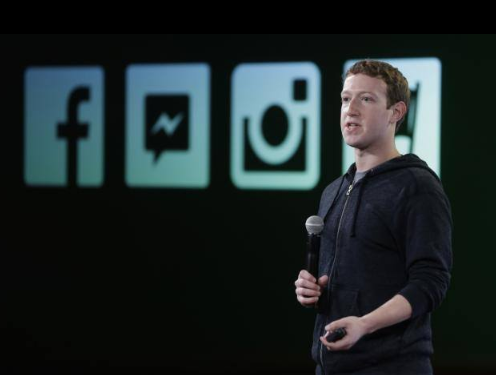

Facebook political ad policies is a hot topic today because allowing political ads on social media has a great impact during elections. This is true because of how many people those ads reach. Back in the day, advertisement used to be complex, aside from billboards and posters, you would have to make public appearances all over and personally extend a huge amount of effort just to be visible.
Nowadays, Advertisements can be done online through various platforms and Facebook, although the largest, is still one of them. Imagine how many people are on Facebook? According to statistics, there are about 220 million people using Facebook from 2017 onwards in the United States lone and that number is slowly increasing every day. There are only 327 million people in the United States which means that about two-thirds of the population uses Facebook.
Comments on Facebook Political Ad Policies
Federal Election Commissioner Ellen Weintraub has vocally stated her criticism towards Facebook political ad policies stating that "weak plan suggests the company has no idea how serious it is hurting democracy."
Another statement by Weintraub through the use of twitter has also stated "I am not willing to bet the 2020 elections on the proposition that Facebook has solved its problems with a solution whose chief feature appears to be that it doesn't seriously impact the company's profit margins."
Additional Comments
Following this, there was an announcement made by Facebook's very own director of product management, Rob Leathern stating "people should be able to hear from those who wish to lead them, warts and all, and that what they say should be scrutinized and debated in public."
Later on through the conversation, The Federal Election Commissioner made clear the effects on democracy leading Leathern to give his final statement so far according to the matter. "We recognize this is an issue that has provoked much public discussion - including much criticism of Facebook's position," Leathern wrote. "We are not deaf to that and will continue to work with regulators and policymakers in our ongoing efforts to help protect elections."
Competition on Facebook Political Ad Policies
Facebook competitors and other tech giants have a different view when it comes to political ad policies. Google has limited the ability of political ads to target their audiences while Twitter has banned them all together.
Facebook seems to be having a huge share of the responsibility when it comes to hosting political ads which raises an alarm not just because of its effectivity but also because of the ethical matters surrounding it.
Facebook is a tool for a lot of things and advertisement is definitely one of them. Transforming from a social network towards a platform where multiple ideas, transactions, advertisements can be hosted, Facebook has come a long way from being a hobby to an actual part of getting connected with others.
SEE ALSO: Fed Up With Fundraisers On Facebook? You're Not Alone
Facebook has garnered quite a huge amount of criticism because of this issue but in the end has agreed to work on the Facebook political ad policies to best benefit each parties.
ⓒ 2026 TECHTIMES.com All rights reserved. Do not reproduce without permission.




